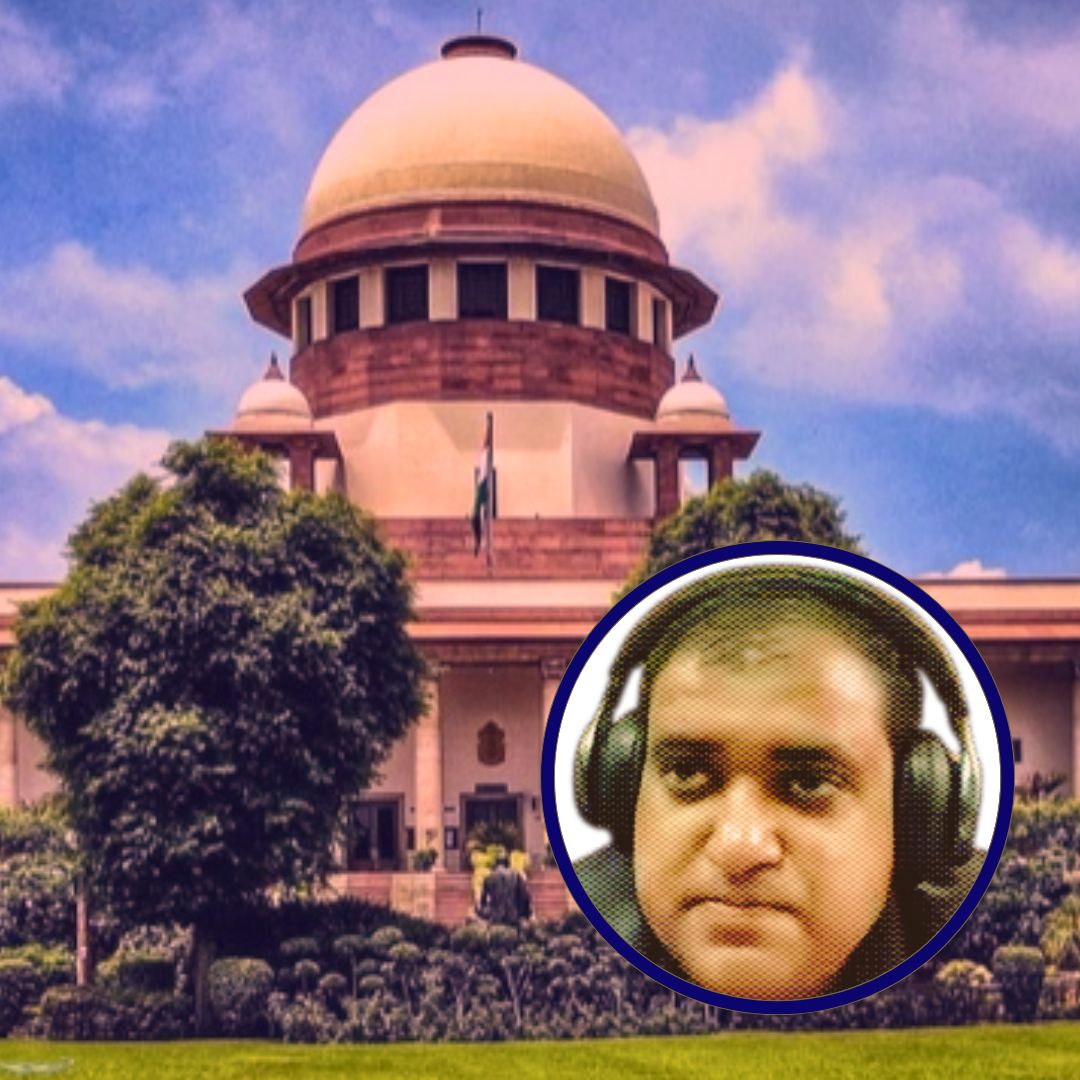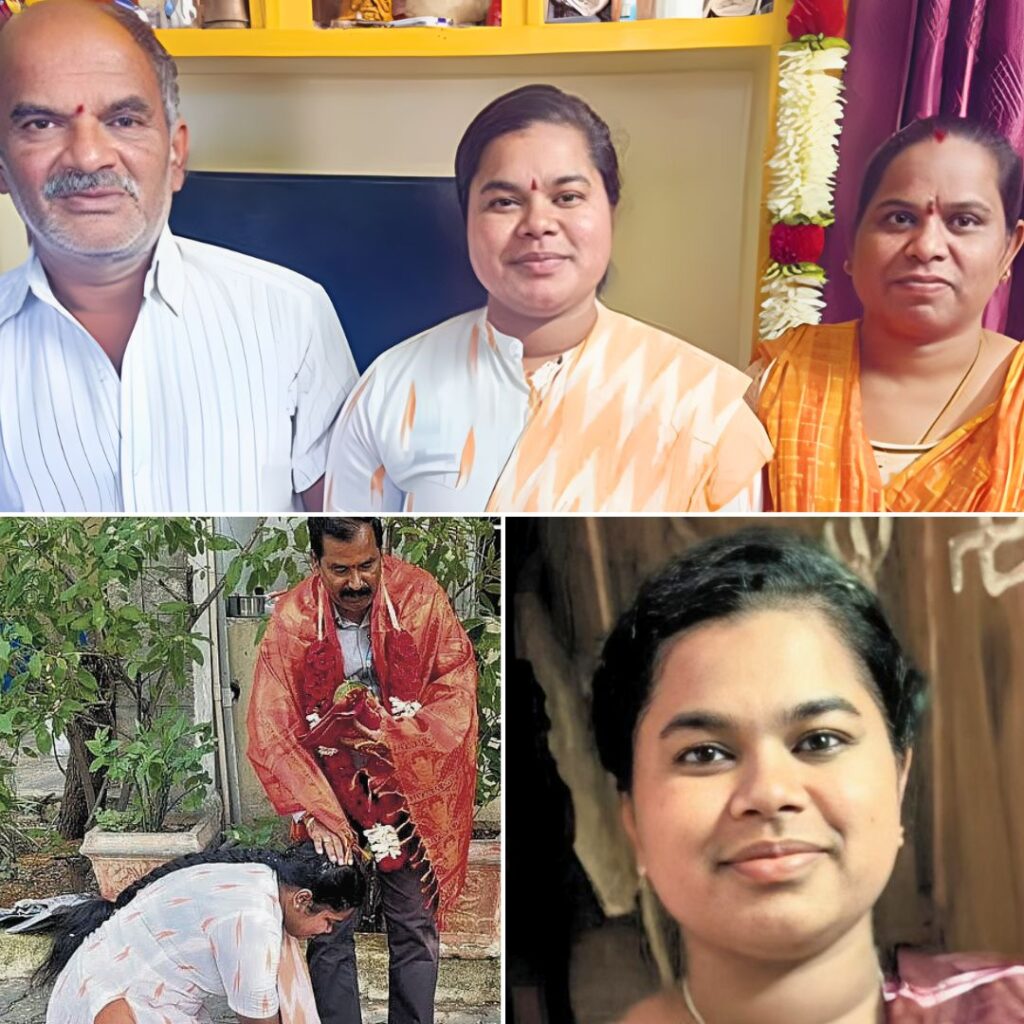The Supreme Court of India has expressed serious concerns regarding the misuse of Section 498A of the Indian Penal Code, which is intended to protect women from domestic cruelty. This statement follows the tragic suicide of Bengaluru techie Atul Subhash, who accused his estranged wife and her family of harassment. In a recent ruling, the court quashed a case against a husband and his family, underscoring the need for reforms to prevent the law from being exploited for personal vendettas.
Supreme Court’s Concerns on Legal Misuse
In a significant ruling delivered on December 10, 2024, the Supreme Court addressed the growing trend of Section 498A being misused in matrimonial disputes. Justices B.V. Nagarathna and N. Kotiswar Singh noted that while this provision was created to protect women from domestic violence, it has increasingly been weaponized by some women to exert pressure on their husbands and in-laws for unreasonable demands. The court emphasized that vague and unsubstantiated allegations can lead to severe emotional distress and legal consequences for those wrongfully accused.
Tragic Incident Sparks Public Outcry
The court’s observations come amid public outrage following the suicide of Atul Subhash, a 34-year-old techie who took his life on December 9. In his suicide note, he accused his estranged wife, Nikita Singhania, and her family of harassment through false legal claims aimed at extorting money. Atul left behind a detailed 24-page note and a 90-minute video outlining his grievances. This heartbreaking incident has reignited discussions about the application of Section 498A and its potential for misuse, prompting calls for justice from social media users and advocates alike.
Legal Implications and Need for Reform
In its ruling, the Supreme Court quashed an FIR against a husband and his relatives that had previously been upheld by a lower court. The apex court criticized the lower judiciary for failing to recognize the ulterior motives behind the complaint, which was filed as retaliation against a divorce petition. The court highlighted that there is a notable rise in matrimonial disputes across India, leading to an increase in cases where legal provisions like Section 498A are used as tools for personal vendetta rather than genuine protection. Legal experts are now advocating for reforms to this section, suggesting measures such as making it bailable and introducing gender-neutral provisions that would allow husbands to file complaints against false accusations.
The Logical Indian’s Perspective
At The Logical Indian, we believe in fostering a just society that balances protection with accountability. While it is essential to defend women from genuine instances of domestic violence, it is equally important to ensure that laws do not become instruments of personal vendetta or manipulation. The misuse of Section 498A not only undermines legitimate claims but also fosters distrust within families and communities. How can we collectively engage in dialogue to reform these laws so they serve their true purpose while safeguarding the rights of all individuals involved?











